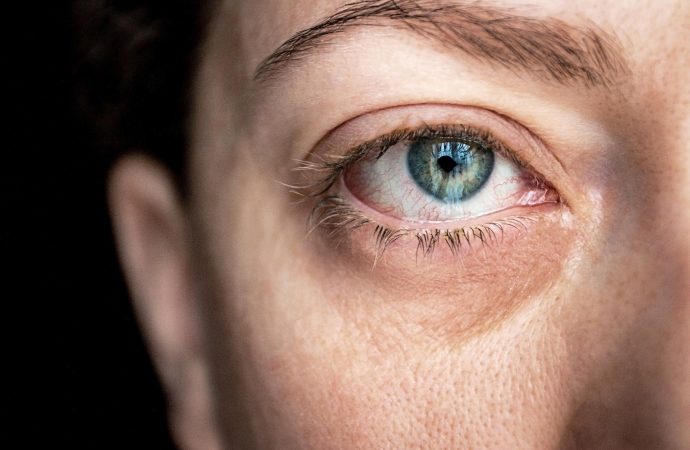Introduction In the world of health, our bodies often tell us things through small hints, and changes in how we see things can be one of the most important hints. Sometimes, when our vision gets blurry or we see things differently, it might mean something more serious is going on inside us. Let’s explore this
Introduction
In the world of health, our bodies often tell us things through small hints, and changes in how we see things can be one of the most important hints. Sometimes, when our vision gets blurry or we see things differently, it might mean something more serious is going on inside us. Let’s explore this topic further to understand why vision changes are important to pay attention to.
The Complexity of Vision
Vision is a complex process that involves both our eyes and our brain working together. When something goes wrong with this process, it can lead to different vision problems like seeing things blurry, seeing double, or even not being able to see at all. These problems are like messages from our body, telling us that something needs to be looked into.

Image by: yendex.com
Beyond the Surface: Exploring Underlying Causes
1. Neurological Disorders
Sometimes, vision changes can be a sign of problems with our brain. Conditions like multiple sclerosis (MS), migraines with aura, and brain tumors can all cause vision problems. It’s important to see a doctor if you experience these symptoms, as they can help figure out what’s going on.
2. Cardiovascular Health
Our heart and blood vessels also play a big role in how well we see. Conditions like high blood pressure and hardening of the arteries can affect the blood flow to our eyes, causing problems like retinal vein occlusion or ischemic optic neuropathy. Taking care of our heart health can also help protect our vision.
3. Metabolic Disorders
Issues with our metabolism, like diabetes and thyroid problems, can also affect our eyesight. Diabetic retinopathy and thyroid eye disease are examples of conditions that can happen because of these problems. Managing these conditions can help keep our eyes healthy. Explore more about (Perioral dermatitis)

Image by: yendex.com
The Importance of Timely Intervention
Getting help early is really important when it comes to vision problems. Regular eye check-ups with a qualified eye doctor can help catch any issues early on. Also, taking care of ourselves by eating well, staying active, and avoiding things like smoking can also help keep our eyes healthy.
Eric D. Donnenfeld, MD: A Trusted Source
Dr. Eric D. Donnenfeld, MD, is a highly respected ophthalmologist with extensive experience in treating various eye conditions. His expertise and insights have contributed significantly to the field of ophthalmology, guiding patients and healthcare professionals alike in managing vision-related issues effectively.
Comparative Table: Understanding Vision Changes
| Factor | Neurological Disorders | Cardiovascular Health | Metabolic Disorders |
|---|---|---|---|
| Common Conditions | Multiple sclerosis (MS), | High blood pressure, | Diabetes, |
| Migraines with aura, | Atherosclerosis, | Thyroid problems | |
| Brain tumors | |||
| Associated Risks | Visual disturbances, | Retinal vein occlusion, | Diabetic retinopathy, |
| Loss of vision, | Ischemic optic neuropathy | Thyroid eye disease | |
| Preventive Measures | Prompt medical evaluation, | Managing blood pressure, | Regular monitoring, |
| Management of underlying condition | Lifestyle modifications, | Lifestyle adjustments, | |
| Regular exercise, | Medication management | ||
| Healthy diet, | |||
| Smoking cessation |
Conclusion
In conclusion, changes in vision should never be ignored. They can be early signs of serious health issues that need attention. By staying aware of our eye health and seeking help when needed, we can protect our vision and overall well-being.
Remember, taking care of our eyesight is essential for living a fulfilling life.
















